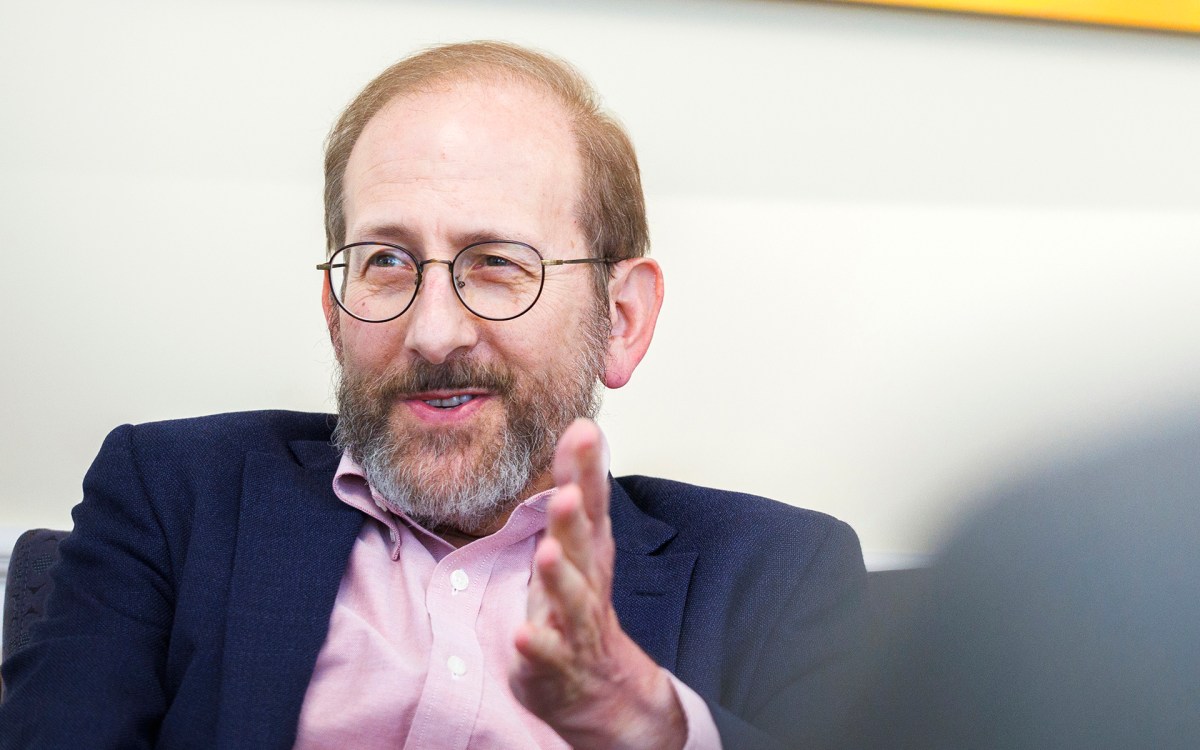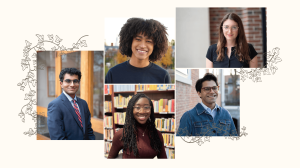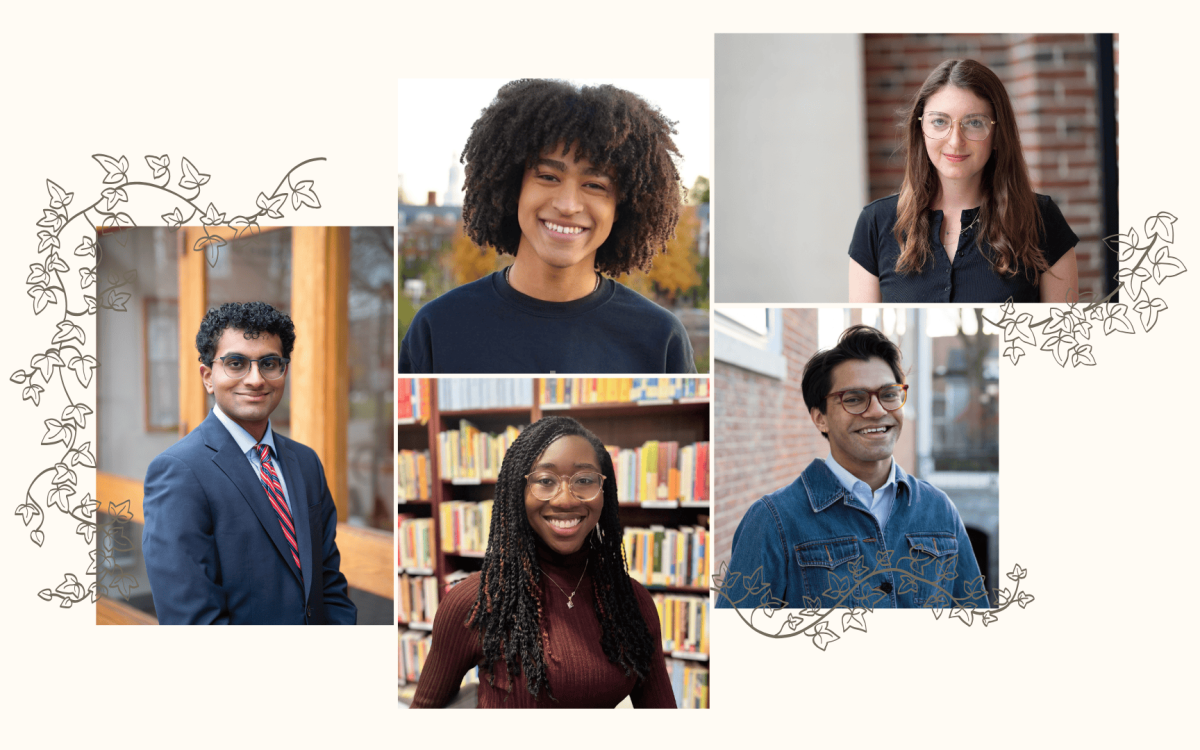IOP announces pair of distinguished visiting fellows
Harvard University’s Institute of Politics (IOP), located at the Kennedy School of Government, has announced that U.S. Sen. Carol Moseley Braun, D-Ill., and former Egyptian parliamentary member and human rights advocate Mona Makram-Ebeid will serve as IOP Visiting Fellows. Makram-Ebeid’s fellowship is under way; Moseley Braun’s fellowship will occur during the week of Nov. 12.
Visiting fellows maximize their time at the institute by interacting with students, faculty, and Harvard research center staff. They traditionally meet with student groups; lead discussion panels on topical issues and share their experiences in public and political service; and participate in public policy classes with students and Kennedy School faculty.
“Carol Moseley Braun and Mona Makram-Ebeid stand as two of this generation’s most impressive women leaders,” IOP director and former U.S. Rep. James A. Leach, R-Iowa, noted. “Each has played a significant public as well as private sector role in their respective countries. Their contrasting experiences will be of particular interest as models for review by students associated with the institute’s ‘Women’s Initiative in Leadership’ program.”
Moseley Braun currently serves as the founder and president of Good Food Organics Inc. A former Democratic candidate for president of the United States, Moseley Braun has served as the American ambassador to New Zealand and Samoa, a U.S. senator and state representative from Illinois, an assistant U.S. attorney, and a Cook County, Ill., executive officer.
Makram-Ebeid currently serves as a distinguished lecturer in the department of political science at The American University in Cairo, Egypt. A member of the Egyptian parliament from 1990 to 1995, Makram-Ebeid initiated and chaired the Committee for the Empowerment of Women and was the first Egyptian woman to be elected as secretary-general of a political party. Makram-Ebeid served as a member of the World Bank’s Council of Advisers for the Middle East and North Africa Region from 1992 to 1996, and is also a founding member of the Arab Organization for Human Rights. Makram-Ebeid earned a master’s in public administration from the Kennedy School in 1982.
Previously announced IOP fall resident fellows, who interact with students, participate in the intellectual life of the community, and pursue individual studies or projects throughout an academic semester, are currently leading weekly, not-for-credit study groups on a variety of political topics (summarized in parenthesis below).
IOP fall resident fellows include Tony Leon, member of parliament, Republic of South Africa, 1989 to 2007 (democracy and development in South Africa and Africa); Meghan O’Sullivan, special assistant to the president and deputy national security adviser for Iraq and Afghanistan, 2004 to 2007 (the United States and Iraq); Bill Purcell, mayor of Nashville, Tenn., 1999 to 2007 (21st century American cities); Noelia Rodriguez, director of communications and press secretary to first lady Laura Bush, 2001 to 2003 (the East Wing and White House communications); Maralee Schwartz, deputy business editor (2006 to present) and former national political editor, The Washington Post, 1996 to 2005 (connecting with voters in presidential campaigns); Clay Shaw, member of the U.S. House of Representatives, 1981 to 2007 (congressional challenges of the new century).




